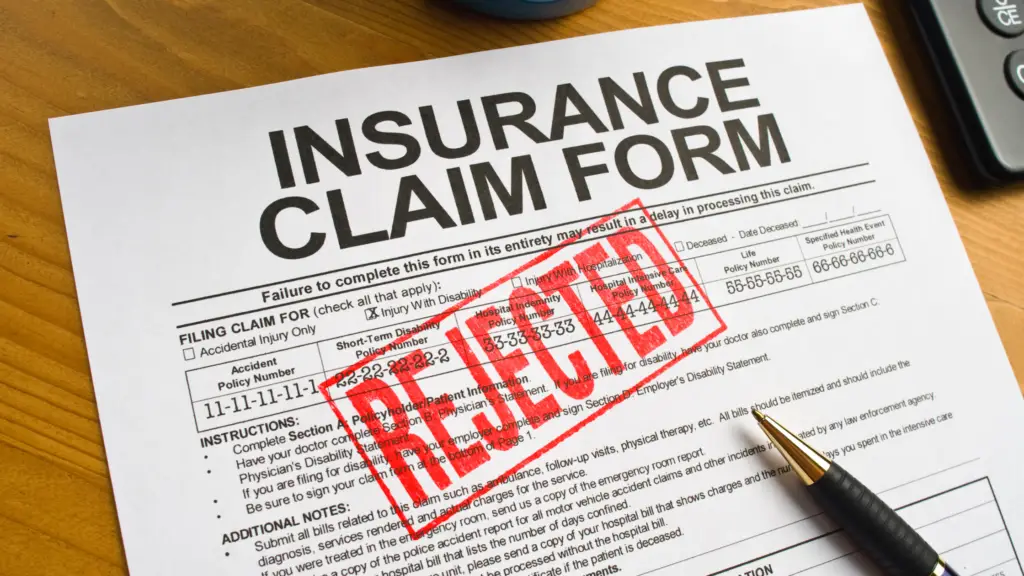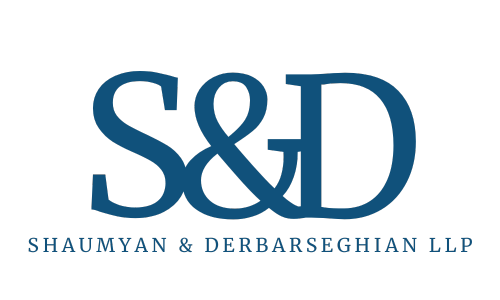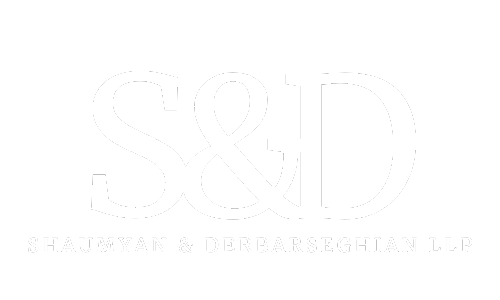
Insurance policies are designed to provide individuals and businesses with peace of mind, knowing that they are financially protected in times of need. Whether it’s auto, home, health, or business insurance, policyholders expect their claims to be handled fairly and promptly. However, there are times when insurance companies do not fulfill their obligations as they should, leading to disputes and legal battles. In this blog post, we will explore insurance litigation and the concept of insurance bad faith.
Understanding Insurance Litigation
Insurance litigation refers to legal disputes between policyholders and insurance companies. These disputes typically arise when a policyholder believes they are not receiving the benefits they are entitled to under their insurance policy. These benefits may include coverage for property damage, medical expenses, liability claims, or other forms of financial compensation.
Common scenarios that can lead to insurance litigation include:
Denial of Claims: When an insurance company denies a legitimate claim without a valid reason, policyholders may have grounds for litigation.
Delayed Payments: If an insurance company unreasonably delays payments on a valid claim, policyholders may seek legal recourse.
Underpayment: Policyholders may believe that they are not being adequately compensated for their losses, leading to disputes over the amount of coverage provided.
Disagreements on Policy Interpretation: Differences in interpreting policy terms and conditions can also result in legal disputes.
Understanding Insurance Bad Faith
Insurance bad faith is a legal doctrine that holds insurance companies accountable for acting in an unfair or dishonest manner when handling claims. When an insurance company fails to fulfill its contractual obligations in good faith, it can be held liable for bad faith actions. Bad faith may manifest in various ways, including:
Unreasonable Denial of Claims: When an insurance company denies a valid claim without a reasonable basis for doing so.
Delays in Processing Claims: Unjustified and prolonged delays in processing or paying out claims.
Inadequate Investigations: Failing to conduct a thorough investigation into the claim, which may result in an unjust denial.
Misrepresentation: Providing policyholders with misleading or false information about their coverage or the claims process.
Offering Unreasonably Low Settlements: Offering settlements that are significantly lower than the value of the claim, often to pressure policyholders into accepting less than they are entitled to.
The Legal Framework for Insurance Bad Faith Claims
Laws regarding insurance bad faith claims vary from state to state, but most jurisdictions have established legal standards and regulations to protect policyholders. These regulations typically require insurance companies to act fairly and in good faith when handling claims. When pursuing an insurance bad faith claim, policyholders must generally demonstrate the following elements:
The Existence of an Insurance Policy: The claimant must have a valid insurance policy in place.
A Valid Claim: The policyholder must have a legitimate claim under the policy terms.
Bad Faith Conduct: The policyholder must prove that the insurance company acted in bad faith in handling the claim.
Damages: The policyholder must have suffered damages as a result of the insurance company’s bad faith actions.
The consequences for insurance companies found guilty of bad faith can be severe, including the payment of additional damages, attorney’s fees, and sometimes punitive damages, depending on the jurisdiction.
Conclusion
Insurance litigation and insurance bad faith claims can be complex and challenging for policyholders to navigate. If you believe your insurance company has acted in bad faith or you are involved in a dispute over a claim, it’s essential to consult with an experienced insurance litigation attorney. These legal professionals can help protect your rights, guide you through the legal process, and ensure that you receive fair treatment under your insurance policy. Remember, insurance is a contract, and both parties must uphold their end of the bargain to maintain the trust and integrity of the insurance industry.
The following helpful links can provide additional information and resources:
National Association of Insurance Commissioners (NAIC) – The NAIC’s Consumer Information page provides information and resources for insurance consumers, including information on understanding insurance policies, filing complaints, and knowing your rights.
Better Business Bureau (BBB) – The BBB allows consumers to check the reputation and customer reviews of insurance companies, helping them make informed decisions when choosing an insurance provider.
United Policyholders – United Policyholders is a nonprofit organization that provides valuable resources and support for policyholders dealing with insurance claims, including guides, tips, and tools to help individuals navigate the insurance process effectively.

